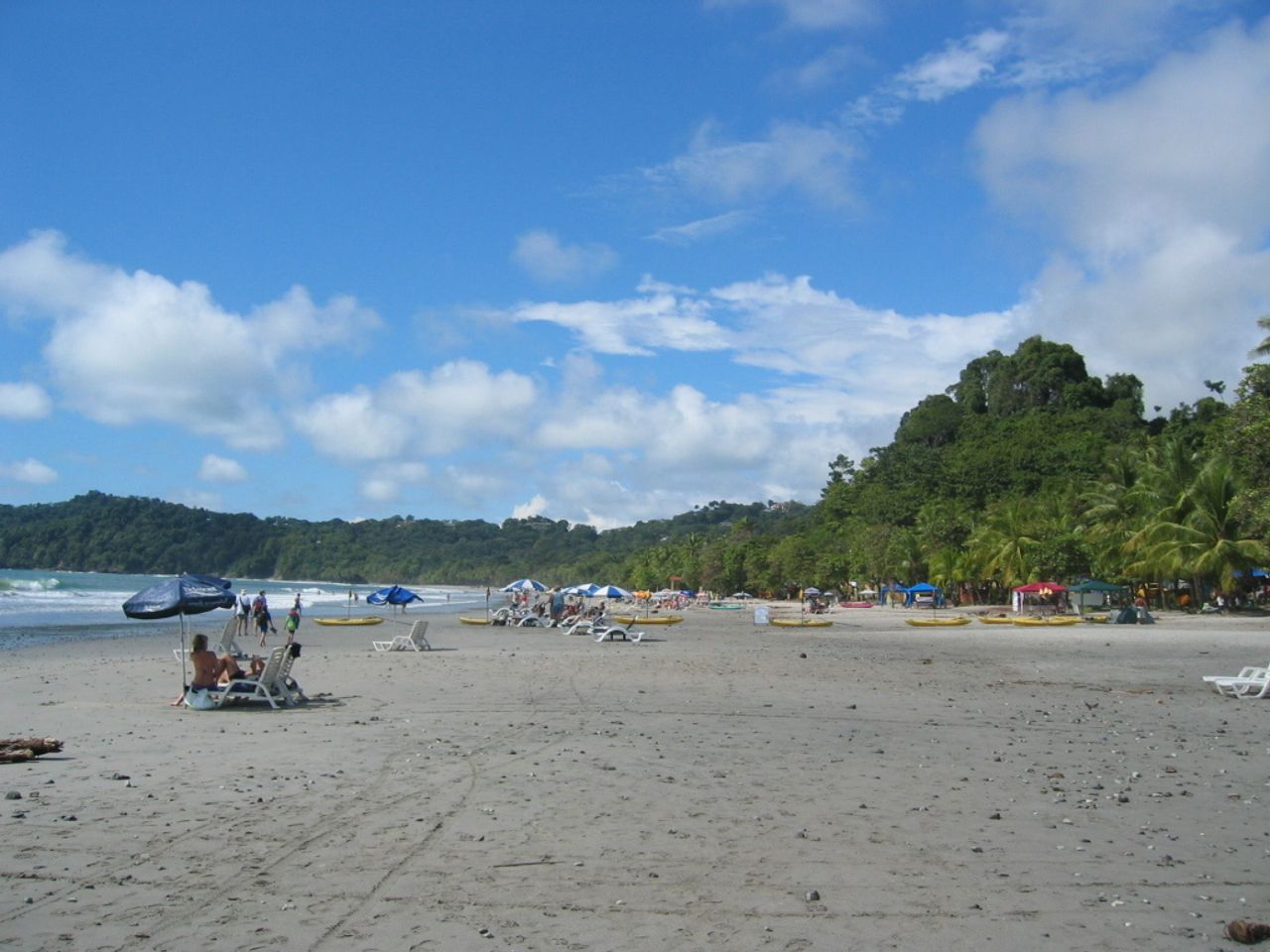White Helmets Join Government: A New Chapter for Syria's Civil Defense
Syrian White Helmets Integrated into the Syrian Ministry of Civil Defense and National Reconciliation
The Syrian White Helmets—better known as the Syrian Civil Defense—are now a part of the Syrian government, marking a significant transformation for this renowned organization. Here's the scoop:
After the fall of dictator Bashar al-Assad in Syria, the White Helmets are being integrated into the new government's Ministry of Emergency and Disaster Management, heralding a "new beginning." Syrian transitional president Ahmed al-Sharaa appointed the head of the Syrian Civil Defense, Raed Saleh, as Minister of Civil Defense in the new government at the end of March.
The White Helmets' humanitarian aid efforts in Syria will be moved to the newly established Ministry of Civil Defense, according to the announcement. They aim to keep working towards a stable, prosperous, and peaceful Syria, stating, "Our humanitarian mission does not end with the rescue of lives in conflicts, but continues through active participation in the building of a stable, prosperous, and peaceful Syria."
Established in 2011, two years after the start of the Syrian Civil War, the White Helmets—officially the Syrian Civil Defense—have earned international acclaim. Their contributions have often been the first on the scene to rescue victims of bombings or the devastating earthquake in 2023. The organization has been funded by donations from abroad, such as Germany, Britain, and the USA. In 2016, they were awarded the alternative Nobel Prize.
As the White Helmets were active in rebel areas during the civil war, Assad considered them opposition supporters. Post-Assad's fall in December, the White Helmets broadened their operations to other parts of the country. Now, they are tasked with locating missing persons and mass graves, putting out fires, or rebuilding destroyed infrastructure.
Implications of Integration
The integration could lead to a number of impacts, such as:
- Unification and strengthening of national emergency response efforts.
- The White Helmets focusing on emergency response activities with their expertise in disaster management.
- A shift in the responsibilities related to justice, accountability, and advocacy to relevant government ministries and bodies.
- Expansion of the White Helmets' humanitarian mission beyond conflict zones to help build a stable, peaceful Syria.
There could be political and social effects, too, such as the government gaining greater control over humanitarian efforts and influencing international perceptions of its humanitarian undertakings. Overcoming challenges like Syria's ongoing crisis will be critical, especially addressing a large number of missing persons and potential mass graves. Maintaining the White Helmets' credibility in their new role will also be key for the success of this integration.
The Future for White Helmets
Moving forward, the White Helmets' future role will be shaped by their ability to work effectively within the government framework while preserving their humanitarian mission. Some potential aspects of this include:
- Playing a leading role in emergency response efforts, thanks to their experience and expertise.
- Expanding across the country and contributing to a more unified national response.
- Influencing international relations, as the Syrian government attempts to improve its global image through humanitarian efforts.
All in all, the integration represents a substantial step in the reorganization of humanitarian efforts in Syria with potential implications for both domestic stability and international relations.
The integration of the White Helmets, formerly the Syrian Civil Defense, into the Syrian government's Ministry of Emergency and Disaster Management, as mentioned in the community policy, could lead to a strengthening of national emergency response efforts, a shift in responsibilities related to justice and accountability, and an expansion of their humanitarian mission beyond conflict zones, as stated in the employment policy. This move may have political and social effects, including the government gaining greater control over humanitarian efforts and potentially influencing international perceptions of its humanitarian undertakings, as part of broader domestic and international news and politics. The success of this integration will depend on the White Helmets' ability to maintain their credibility while effectively contributing to emergency response efforts and expanding across the country, impacting Syria's ongoing crisis and international relations.







